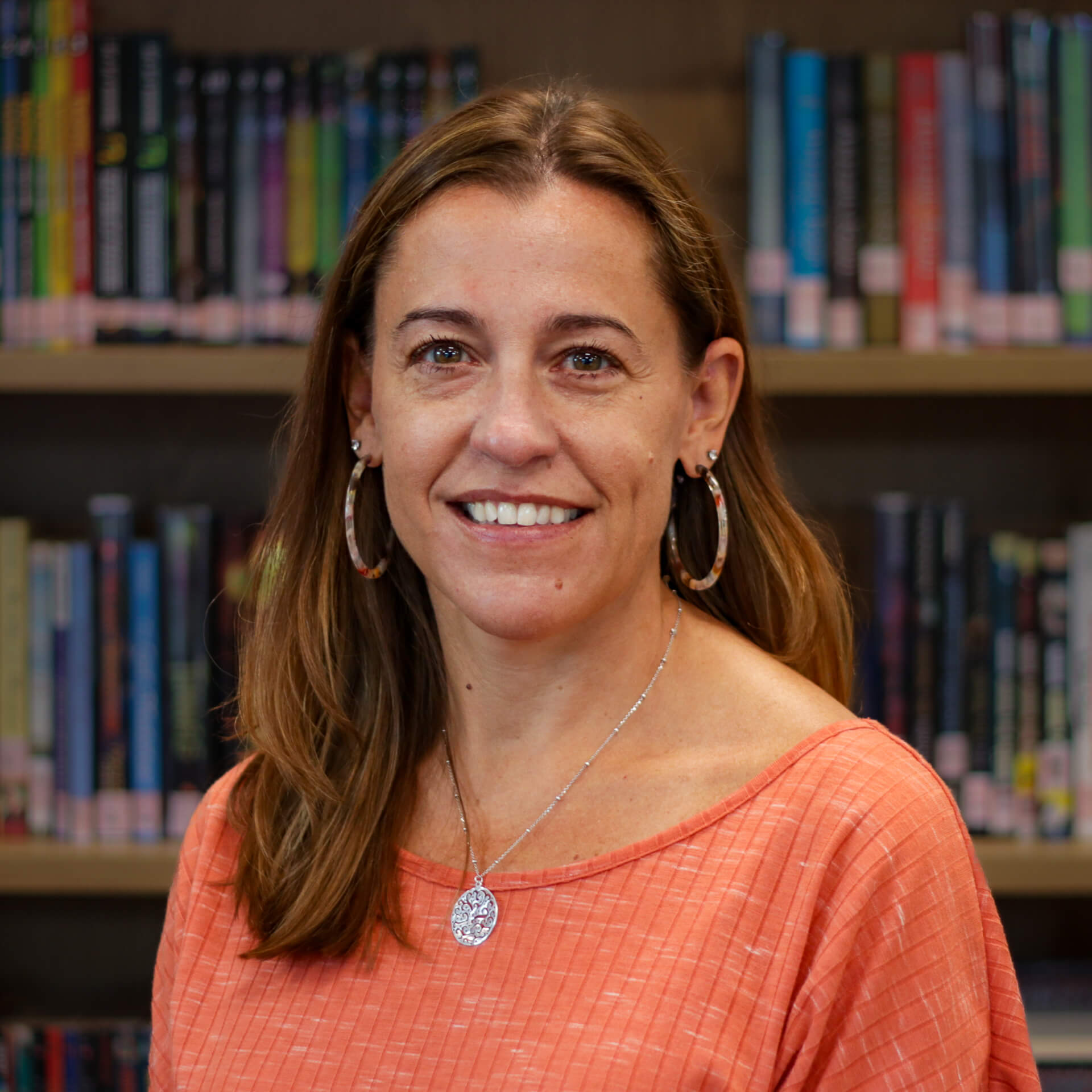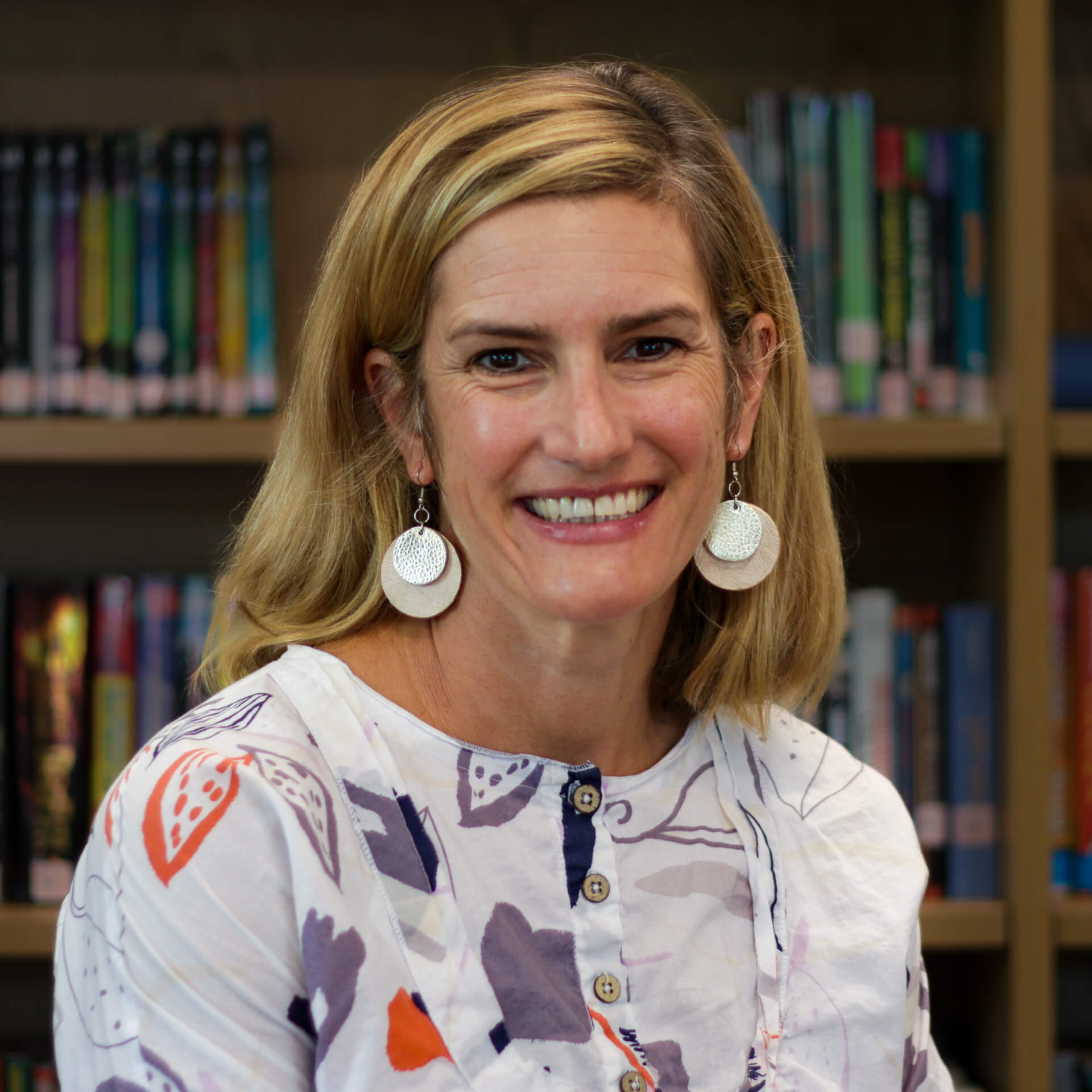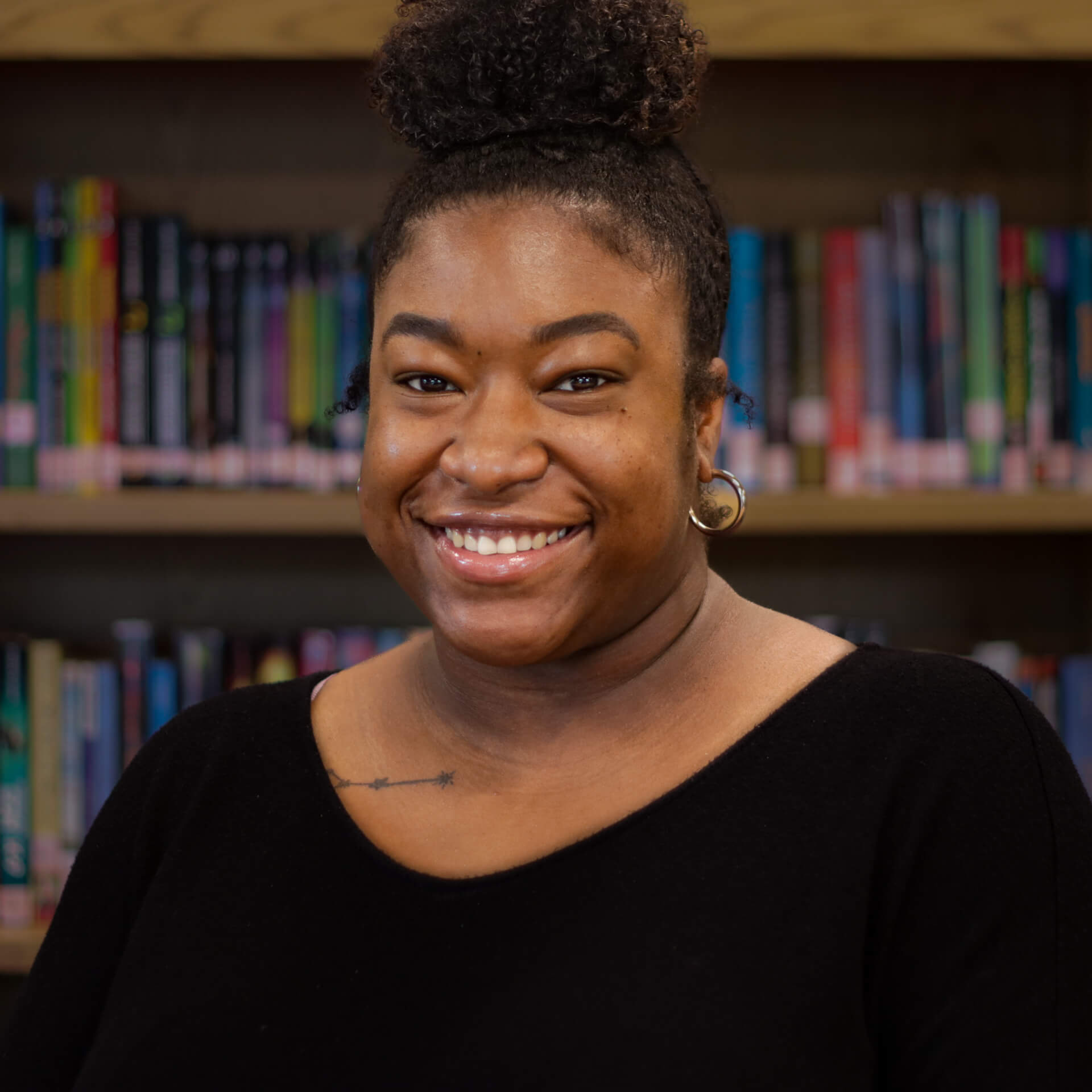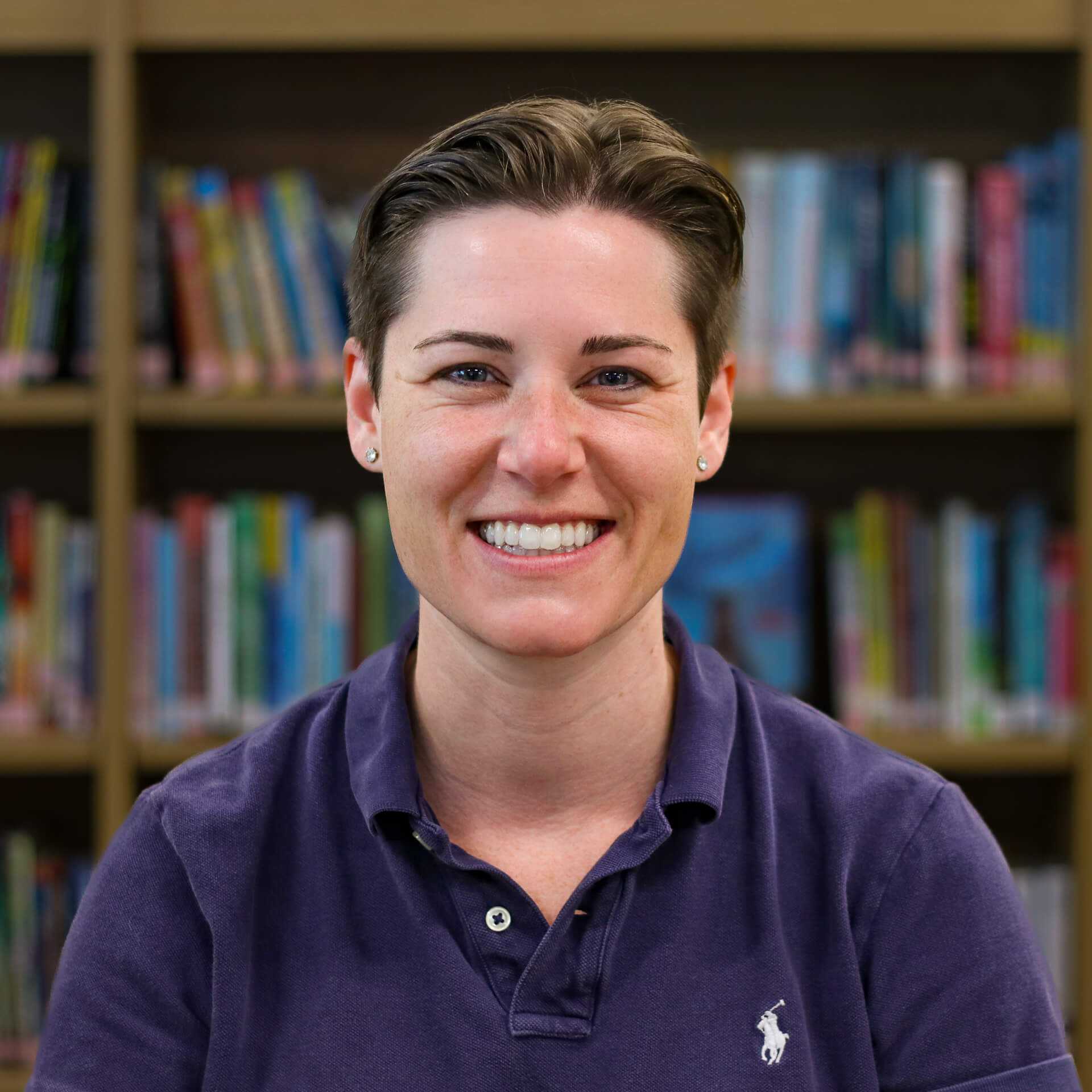A Rich Mixture of All Kinds of Minds
At TDS, the faculty recognizes and appreciates that students learn differently and are at a variety of readiness levels.
Student Success Team
Our TDS Student Success Team is made up of our Learning and Literacy Specialists, and School Counselors. This team of professionals works closely with one another to serve our students and teachers by supporting learning needs both inside and outside the classroom. Through pulling small groups, consulting with teachers, meeting with students individually, and more, this team works to ensure that all students have the opportunity to fulfill their academic potential.

Jenn Phillips
Literacy Specialist
Working predominantly in the Lower School, our Literacy Specialist supports students and teachers in the areas of reading, writing, and word study. Working with students in kindergarten through fifth grade, they provide extra instruction and support for students in small group and one-on-one settings. The Literacy Specialist also helps oversee our literacy curricula to ensure that students and teachers have what they need to build a strong literacy foundation in all of our students.

Hilary Virdin
Learning Specialist
Our TDS Learning Specialist collaborates with teachers and families to help students excel academically, providing or facilitating the necessary services to help our students thrive. Students with a diagnosed learning difference may receive a Student Learning Plan, which is written and regularly updated by our Learning Specialist to reflect testing results and recommendations for learning.

Jasmin Harris

Casey Villarreal
Knowing that academic struggles may overlap with emotional needs, our counselors work closely with this team to provide our students with further tools or resources they may need in order to achieve academic and emotional success at school.
Lower School Classroom Differentiation
Most of our Lower School instruction is taught with the workshop model in mind. This means there is about 10-15 minutes of explicit teaching time, and the rest of the blocked time is spent with students actively collaborating and working (individually or in small groups). During this student work time, the teachers meet with students to tailor and bolster the instruction as needed. This allows for regular differentiation to be woven into almost everything we do. Some specific examples include:
Middle School Classroom Differentiation
In middle school, each subject area has a different teacher and a unique approach to differentiation. Some specific ways that differentiation may occur in each subject area include:
Contact TDS today to learn more.